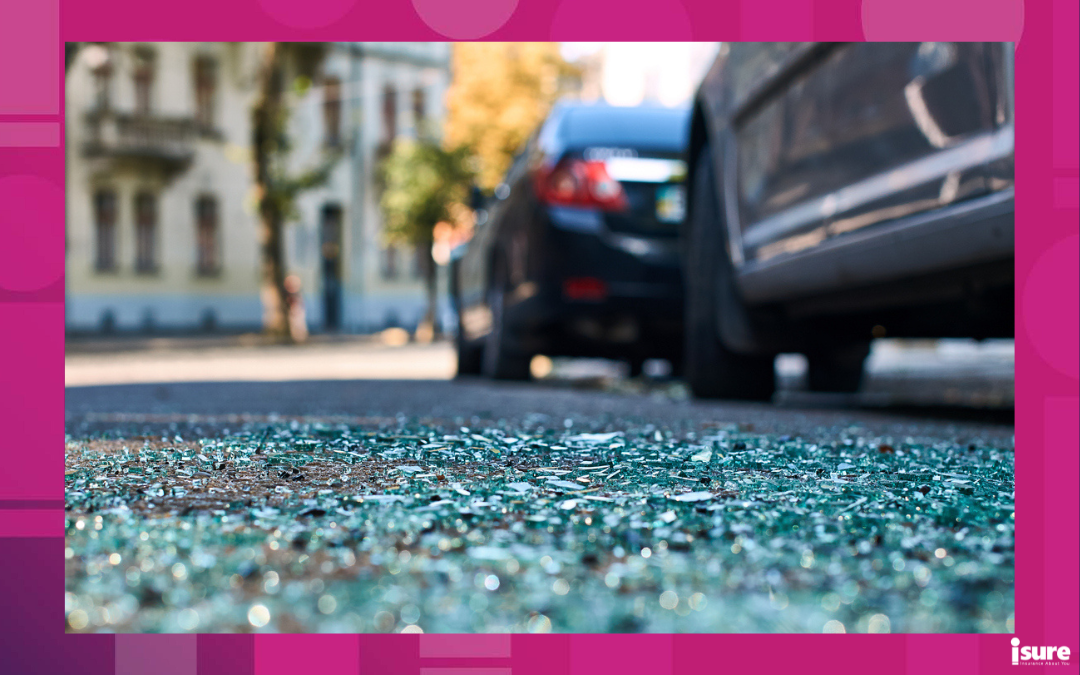When purchasing insurance for the first time, you are likely to run into insurance terms you have never heard before. Two common terms you’ll hear when it comes to home and car insurance claims are: Replacement Cost and Actual Cash Value (ACV). So, what do these terms mean? Which should you choose? “These are two of the most common calculations insurers use to determine the amount a customer will receive if they make a home insurance claim or a car insurance claim. In other words, you can either receive reimbursement for the cost to replace the lost or damaged item. [Or, you’ll receive] its actual cash value, depending on what it says in your policy.”
So, let’s take a look at the difference between Replacement Cost and Actual Cash Value below.
What is Replacement Cost?
Replacement Cost is exactly what it sounds like if it is part of your policy. It is the cost of replacing an item in your car or home with a brand-new version (or one close in comparison). This can be due to theft, a power surge or any other damages. Your insurer will research the cost of buying a comparable model of the same value. This only applies to your car insurance policy if you have a depreciation waiver on your policy. “If you have a depreciation waiver, the settlement is typically the vehicle’s replacement cost, the manufacturer’s suggested retail price, or the original purchase price, depending on which amount is lowest.”
When it comes to items in a house, such as televisions, clothing or furniture, estimating the replacement cost works similarly. If the item is no longer sold, your insurer will search for the closest match in quality and price.
What is Actual Cash Value?
Actual Cash Value is the dollar amount you’ll receive that is equal to how much that item is worth today. Over time, the value of most of your belongings will decline. You will likely replace your television and iPhone with newer versions, your clothing will wear down and your furniture will age. This is important to keep in mind when thinking about Actual Cash Value. In order to figure out the Actual Cash Value of an item, insurers will figure out an item price based on the cost to replace, its age and its condition. You can find the current market for which an item is being sold on many sites, such as eBay or Kijiji.
On the other hand, there are many items that retain appreciation and gain value over time. These include:
- Art
- Metals and gems
- Jewelry
- Antiques
- Collectors items
If you own any of these items, you should inform your insurance provider. This will make sure you have coverage for their full value, as you may need to purchase additional insurance.
What is the difference between the two?
If you choose to go with an ACV policy, your insurance company will make a list of the items you own. From there, the current value will be calculated and an offer will be made. It is important to keep an up-to-date home inventory and receipt folder for your household and car items, this way you can provide proof of the items if they become lost or damaged.
When it comes to Replacement Cost, you will receive two payments:
- The first payment will be for the Actual Cash Value of the lost items.
- The second payment will be for the remainder of the value when you provide receipts that you have replaced those items within a decent time frame. If you take too long to replace the said items, you will not be entitled to the second payment.
It is important to keep in mind that the amount you receive will depend entirely on the deductibles and limits within your policy. Discuss these with your isure broker.
Which is better for you?
Generally speaking, Replacement Cost is generally the most recommended route to go. It is also the most common. Many people believe that they will save money on premiums when going the Actual Cash Value route. Though this may be true, you will likely have to pay a lot of money out of pocket to replace your belongings if something happens to them. The last thing you want is to not be able to cover the full replacement cost of either your home or car.
At the end of the day, it is your decision if you’d rather spend a bit more money on premiums to make sure you have sufficient coverage for replacing items. For more information or help deciding, it is crucial to speak with your isure broker. Give us a call or get a quote today.




